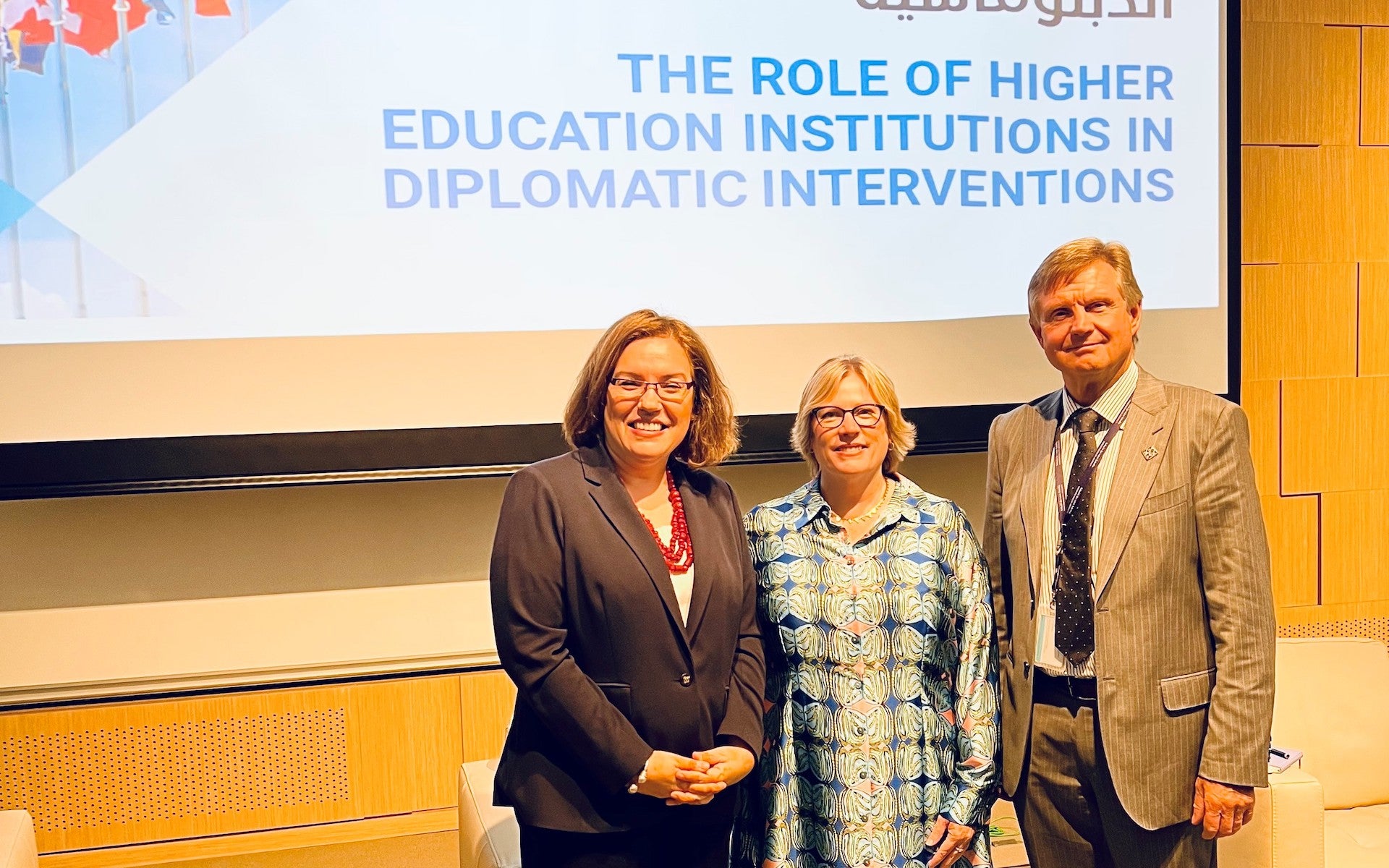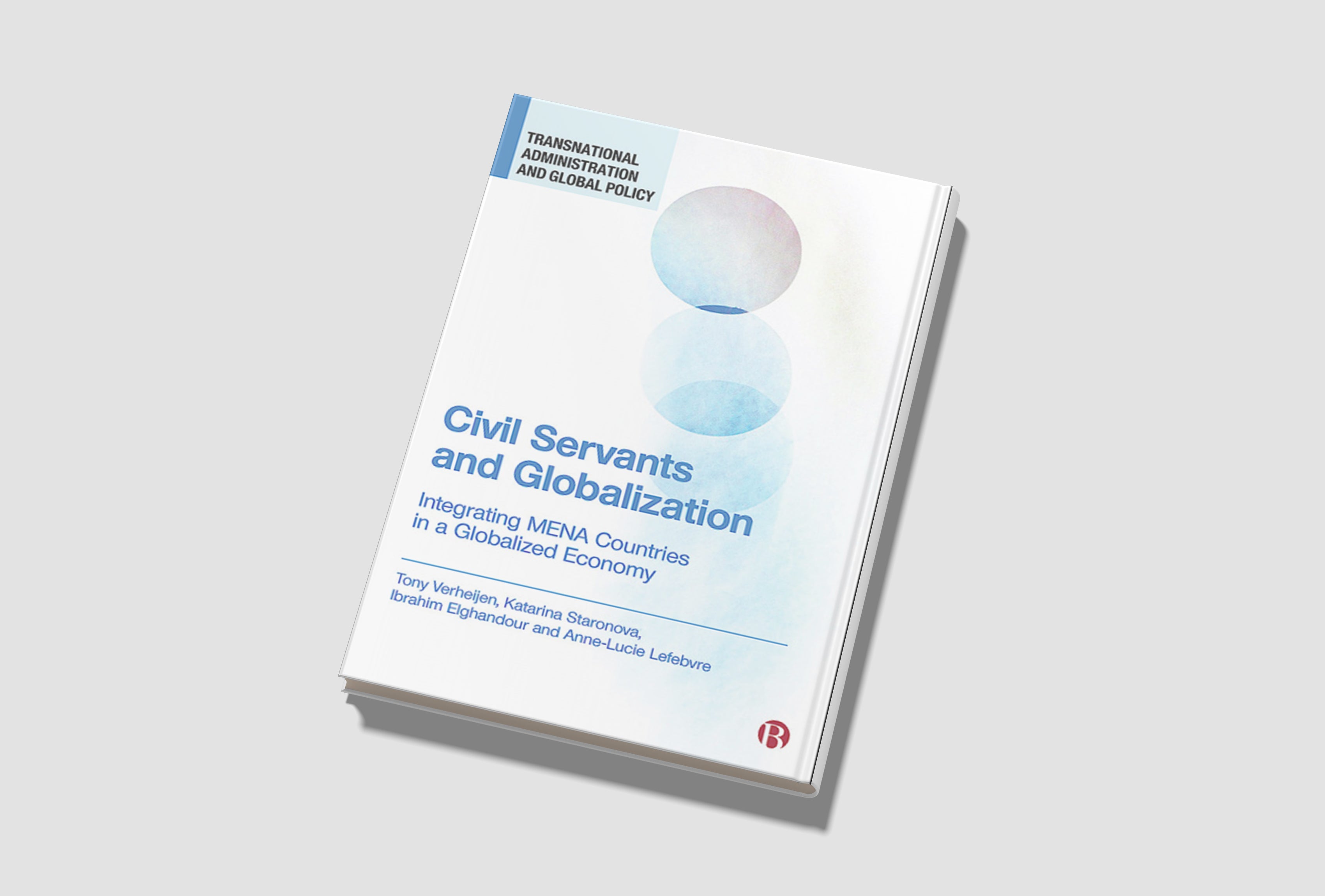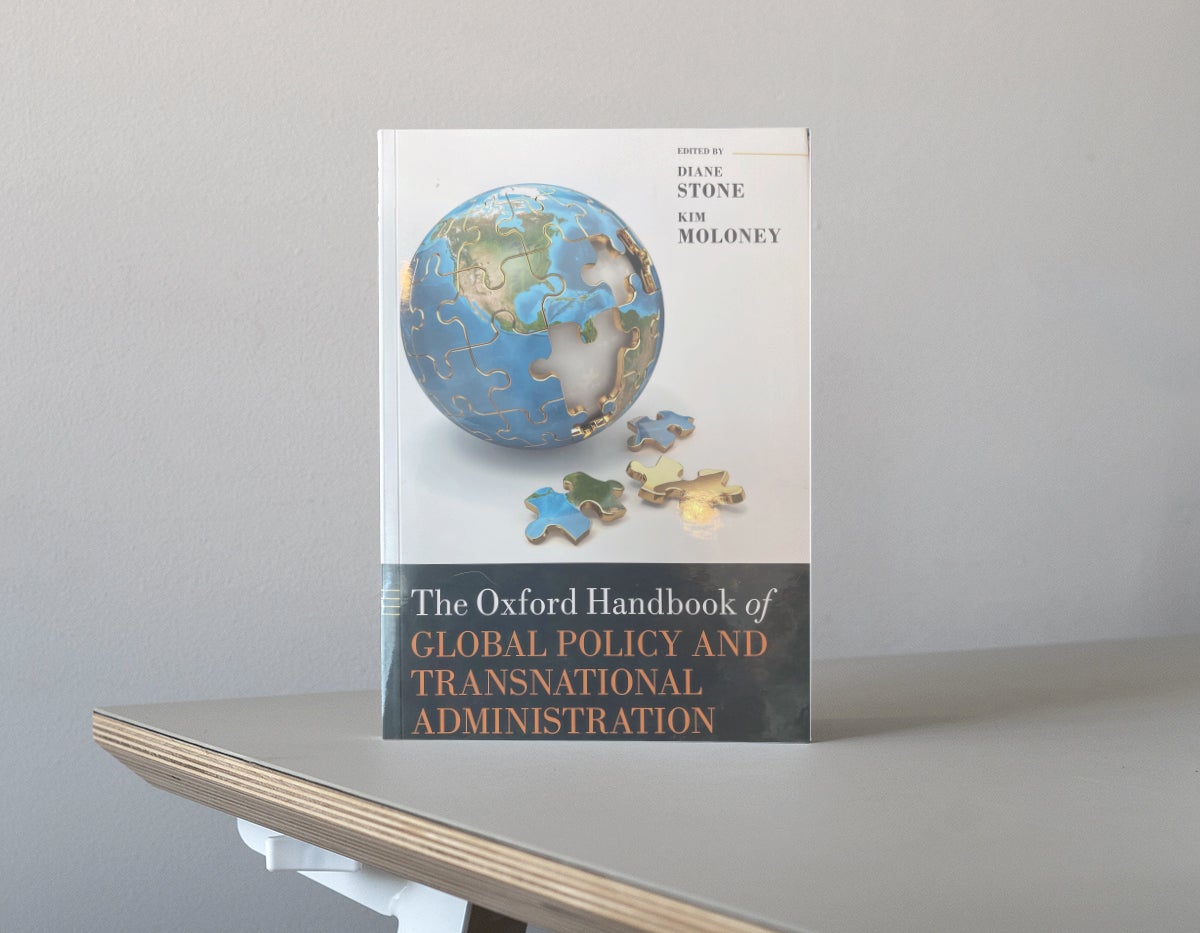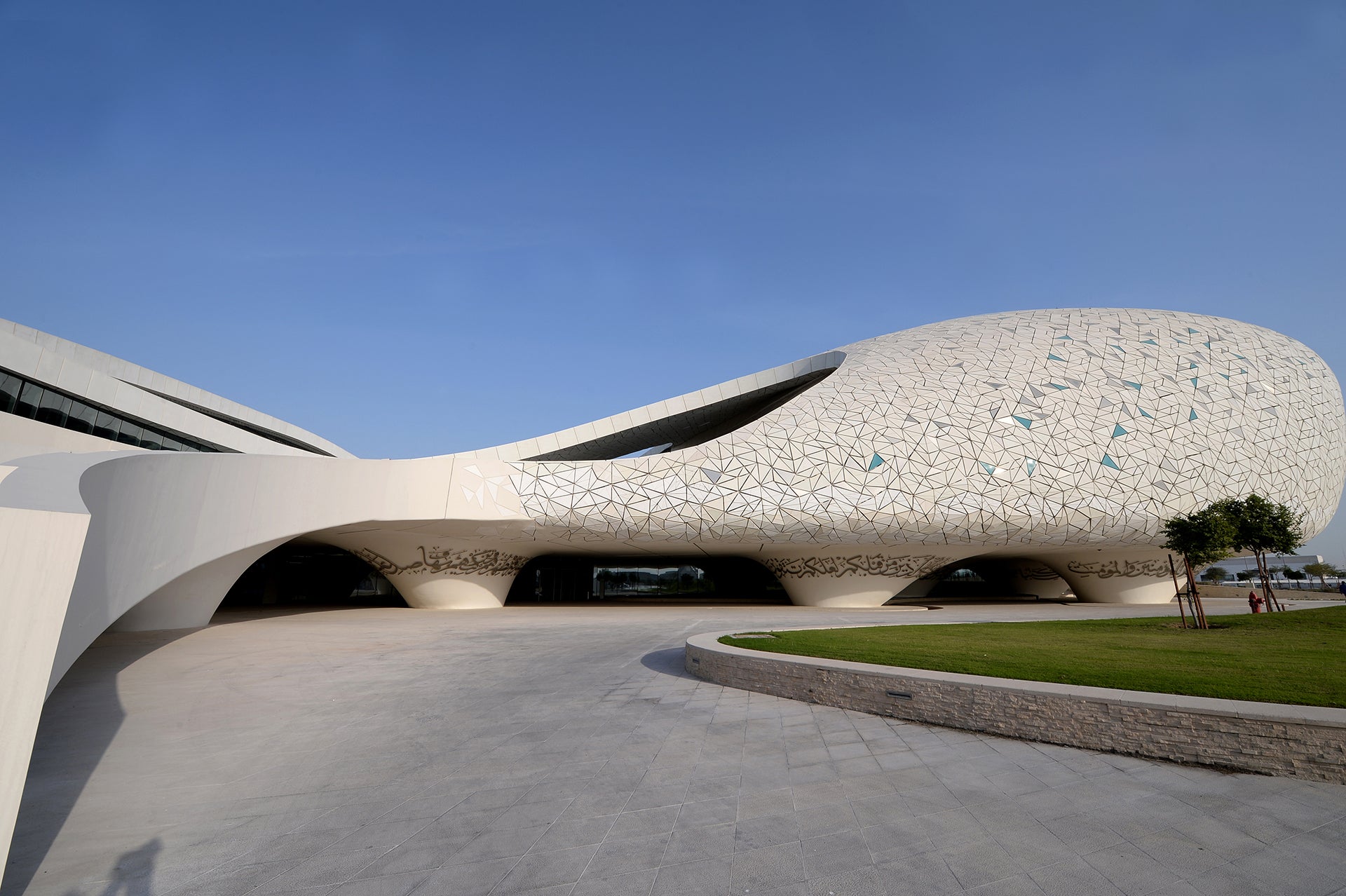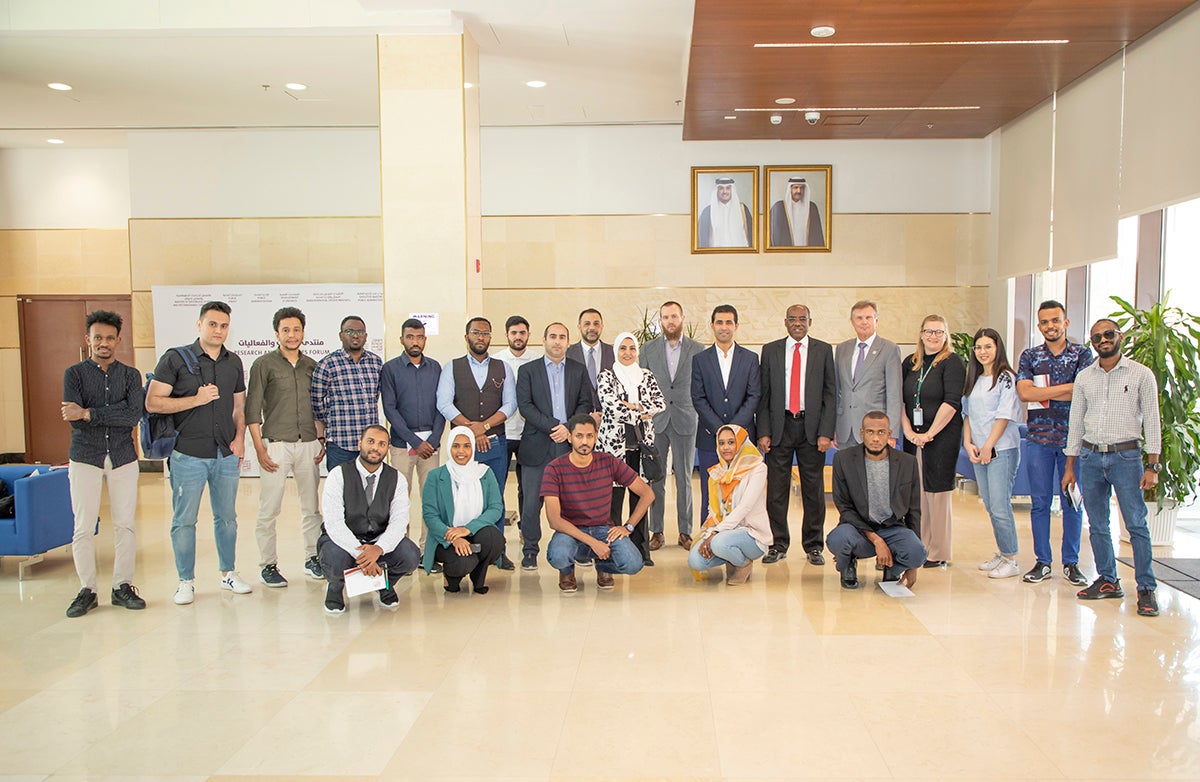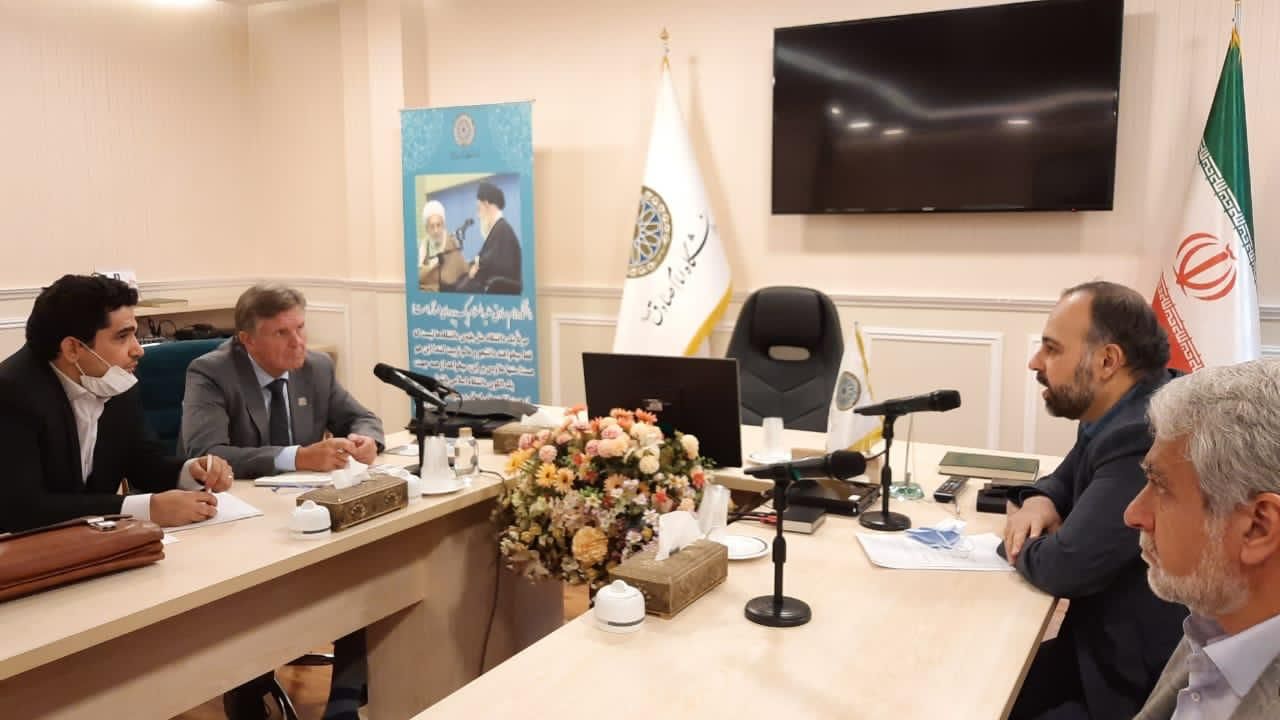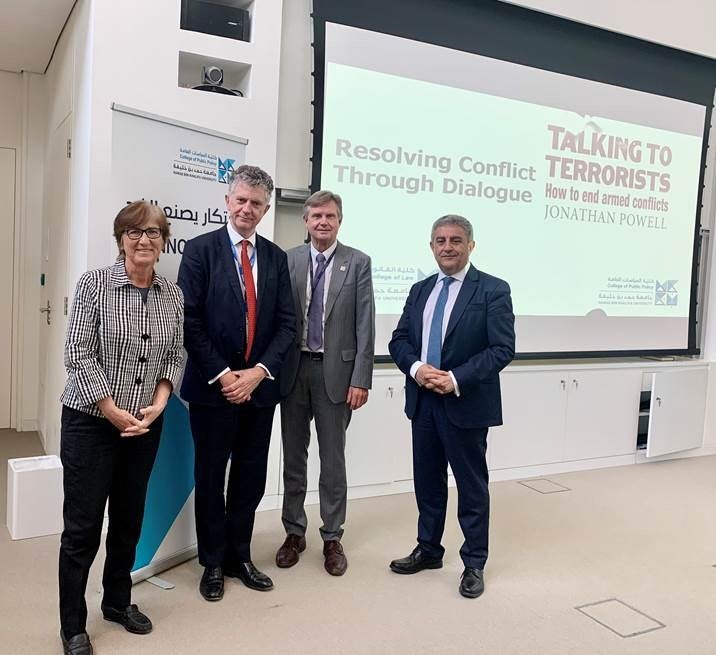Global cross-cultural study finds Gulf families were resilient and able to adapt positively to the pandemic
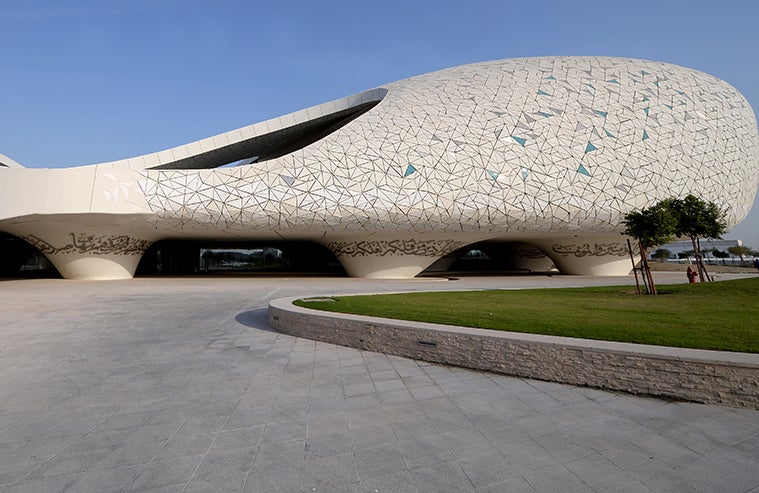
The impacts of the COVID-19 pandemic on families and children in the Gulf region was the focus of the most recent discussion organized by the Program for Social Policy and Evaluation Research (PROSPER) at the College of Public Policy (CPP), Hamad Bin Khalifa University (HBKU).
As part of the COVID 19 Webinar Series and held in collaboration with the College of Education, Sultan Qaboos University, Oman, and the Faculty of Social Sciences, Kuwait University, the event brought together experts from the Gulf region to discuss the results of the wide-reaching international COVID-19 Family Life Study, led by Dr. Anis Ben Brik, associate professor at CPP and founding director of PROSPER. The cross-cultural research study has examined the challenges faced by parents and children in 72 countries, including the Arab Gulf countries, during the pandemic. Among the study partners are the United Nations Department of Economic and Social Development, 10 universities and research centers, and 17 NGOs.
During the webinar, Dr. Ben Brik discussed the key findings pertaining to Gulf countries with three of his international research team members: Dr. Humoud Alqashan, Dean of the Faculty of Social Sciences, Kuwait University; Dr. Said Aldhafri, Professor and Director of the Social Observatory Research Programme at Sultan Qaboos University; and Dr. Sarah Almalki, Vice Dean of Development, Jazan University, Kingdom of Saudi Arabia.
With the support of regional partners, data was collected from the six Gulf countries through an electronic questionnaire. The overall findings of the study indicate that Gulf families were resilient to the pandemic and were able to develop protective factors and adapt positively to the COVID-19 crisis. However, the study indicated a very slight decline in the level of parent-children relationships amid the pandemic. In addition, data shows symptoms of moderate levels of depression and stress, and very severe levels of anxiety among parents in the Gulf region, with higher levels of depression, anxiety and stress in mothers compared to fathers.
The data has also shown that mothers in the Gulf region continue to bear the full burden of childcare amid the pandemic due to the continued low participation of fathers in childcare work. Pertaining to spousal relationships, the data showed a slight improvement in the level of marital satisfaction during the pandemic.
Among children, the study indicated that anxiety is skyrocketing amid the pandemic and the toll was particularly striking among adolescents. In this group, over 40% reported symptoms of high levels of anxiety. In addition, the study showed that the pandemic has affected children’s ability to concentrate and deal with others, and their behavioral and emotional abilities.
The majority of study participants indicated strong support for family friendly policies and family strengthening programs such as marital education and parenting programs, and mental health programs for children and adolescents, as well as support for flexible working policies for caring for children, the elderly and persons with disabilities.
Dr. Ben Brik said: “I extend my appreciation to our imminent experts and partners from the Arab Gulf countries for their valuable support on the project and for sharing their insights during the webinar. The wide-reaching data gathered through the COVID-19 Family Life Study has highlighted what challenges faced families and children due to the pandemic and how policymakers can respond through policies and interventions that will strengthen Gulf families, with its vital role in meeting our wider societal and global development goals.”
Dr. Ben Brik will be discussing the global study at a side event organized by PROSPER during the 59th Session of the United Nations Commission for Social Development, on February 11 from 6 pm to 7.15 pm Doha time. For more information, visit the UN website at http://bit.ly/39HZ5zh




